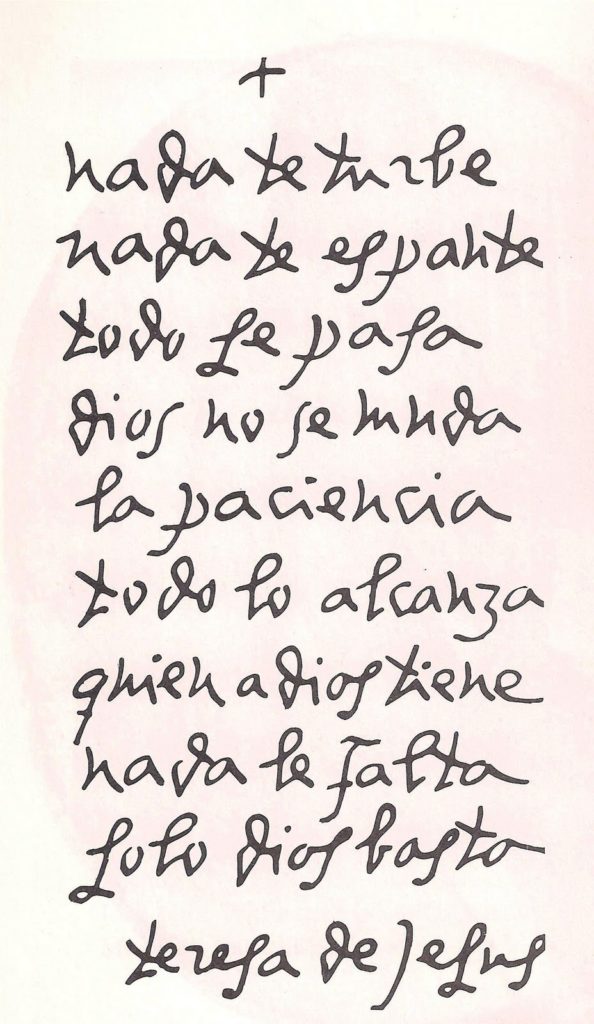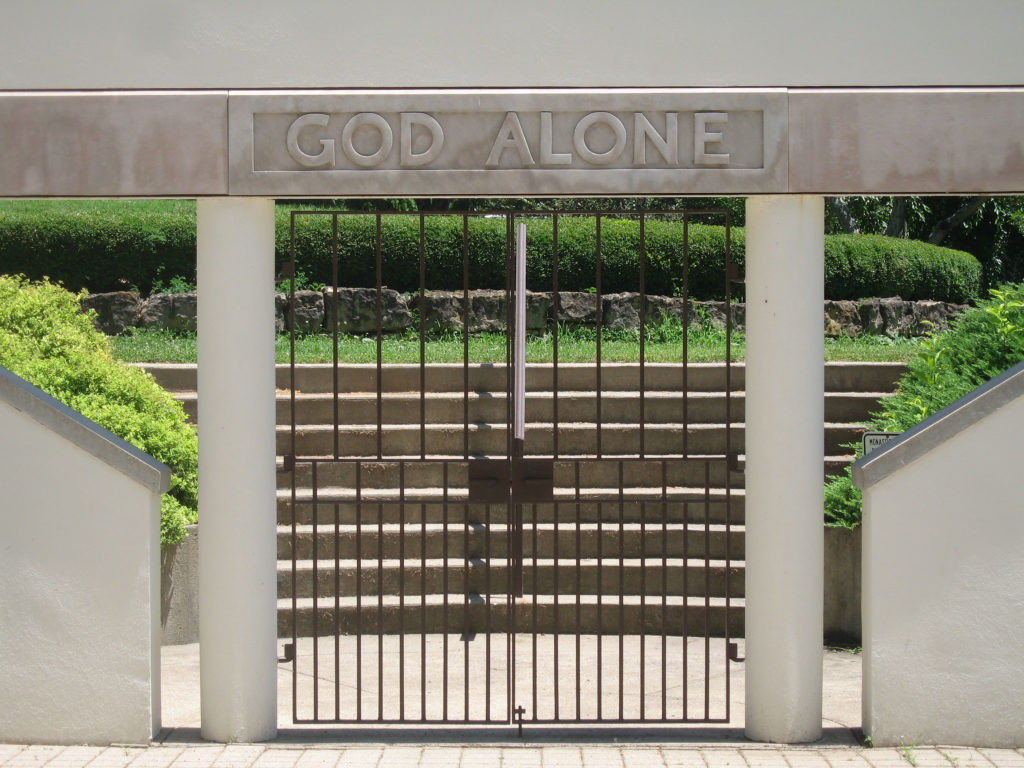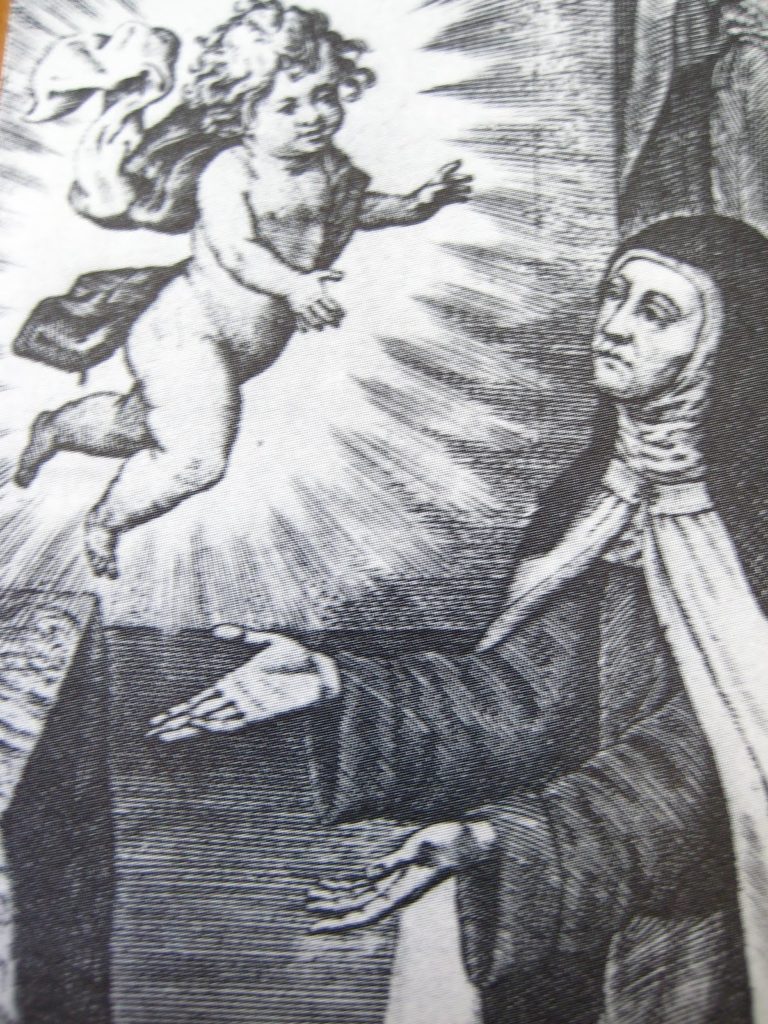As the foundation of the whole building is humility, the nearer we draw unto God the more this virtue should grow; if it does not, everything is lost. It seems to be a kind of pride when we seek to ascend higher, seeing that God descends so low, when He allows us, being what we are, to draw near unto Him. It must not be supposed that I am now speaking of raising our thoughts to the consideration of the high things of heaven and of its glory, or unto God and His great wisdom. I never did this myself, because I had not the capacity for it—as I said before; and I was so worthless, that, as to thinking even of the things of earth, God gave me grace to understand this truth: that in me it was no slight boldness to do so. How much more, then, the thinking of heavenly things? Others, however, will profit in that way, particularly those who are learned; for learning, in my opinion, is a great treasury in the matter of this exercise, if it be accompanied with humility. I observed this a few days ago in some learned men who had shortly before made a beginning, and had made great progress. This is the reason why I am so very anxious that many learned men may become spiritual. I shall speak of this by and by. What I am saying—namely, let them not rise if God does not raise them—is the language of spirituality. He will understand me who has had any experience; and I know not how to explain it, if what I have said does not make it plain. In mystical theology—of which I spoke before—the understanding ceases from its acts, because God suspends it—as I shall explain by and by, if I can; and God give me the grace to do so. We must neither imagine nor think that we can of ourselves bring about this suspension. That is what I say must not be done; nor must we allow the understanding to cease from its acts; for in that case we shall be stupid and cold, and the result will be neither the one nor the other. For when our Lord suspends the understanding, and makes it cease from its acts, He puts before it that which astonishes and occupies it: so that without making any reflections, it shall comprehend in a moment more than we could comprehend in many years with all the efforts in the world. To have the powers of the mind occupied, and to think that you can keep them at the same time quiet, is folly. I repeat it, though it be not so understood, there is no great humility in this; and, if it be blameless, it is not left unpunished—it is labor thrown away, and the soul is a little disgusted: it feels like a man about to take a leap, and is held back. Such a one seems to have used up his strength already, and finds himself unable to do that which he wished to have done: so here, in the scanty gain that remains, he who will consider the matter will trace that slight want of humility of which I have spoken; for that virtue has this excellence: there is no good work attended by humility that leaves the soul disgusted. It seems to me that I have made this clear enough; yet, after all, that is, he will lose the prayer of acquired quiet, because he voluntarily abandons it before the time; and will not attain to the prayer of infused quiet, because he attempts to rise into it before he is called…. –St Teresa of Avila autobiography









Recent Comments